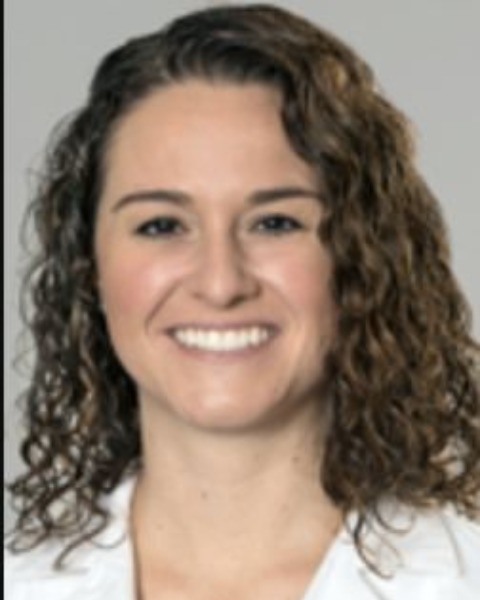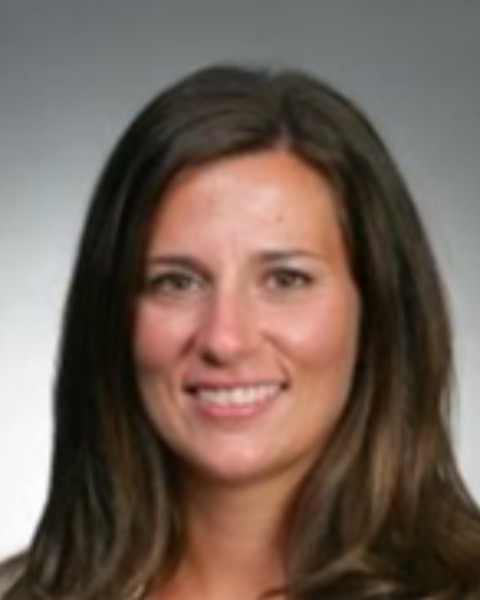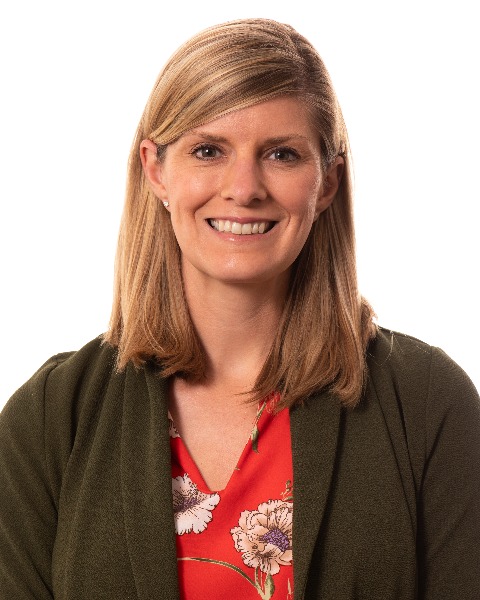Child Abuse & Neglect
Health Equity/Social Determinants of Health
Hospital Medicine
Medical Education
Diversity, Equity, and Inclusion
Awareness of the Unconscious: 3 Ways to Mitigate Implicit Bias in our Clinical Decision-Making
-

Megan Bivins, MD (she/her/hers)
Pediatric Hospital Medicine Fellow
Le Bonheur/UTHSC
Germantown, Tennessee, United States -

Jeffrey Winer, MD, MA, MSHS (he/him/his)
Associate Professor
Le Bonheur Children's Hospital
Germantown, Tennessee, United States -
LB
Lauren Burge, MD
University of Tennessee Health Science Center
Lakeland, Tennessee, United States -

Angie Etzenhouser, MD (she/her/hers)
Pediatric Hospitalist, Associate Residency Program Director
Children's Mercy Hospitals and Clinics
Kansas City, Missouri, United States -
EB
Emily Bosk, PhD,, LMSW
Rutgers University, United States
-
MF
Megan Feely, PhD, MSCI, MSW
University of Connecticut, School of Social Work, United States
-

Emily Killough, MD (she/her/hers)
Child Abuse Pediatrician, Associate Professor of Pediatrics
Children's Mercy Kansas City
Kansas City, Missouri, United States
Leader(s)
Co-Leader(s)
Workshop
Description: In small groups, workshop attendees will be provided with one of two formats of a child abuse clinical vignette, where participants are blinded to the diagnosis. Format A will serve as the control where race is not specified and there are no identified socioeconomic concerns. Format ‘B’ contains socioeconomic status (SES) variables. These variables will include indicators of lower SES (income/employment, food insecurity, housing concerns, etc.). This vignette has been completed and can be provided upon request. After each facilitator guides the small groups through the vignette, we will reconvene as a larger group, do formal introductions, and compare the diagnoses between the two formats/small groups. We hypothesize that child abuse/inflicted injury will appear as a diagnosis more frequently in those small groups with the lower SES vignette than those with the control vignette. We will then engage in the lecture portion of the workshop. We will begin with a brief introduction of implicit bias and its background in medicine. Finally, we will discuss the 3 ways to mitigate implicit bias in clinical decision-making. This workshop is meant to be interactive with the use of Problem-Based Learning and cases in addition to Free Writing/Minute Paper where attendees will engage in introspection and self-reflection. At the conclusion of this session, all attendees will have the tools to identify their own implicit biases and assess systemic biases within their own institution(s).
Learning Objectives:
- 1. Define implicit bias and recognize its importance in clinical decision-making
- 2. Analyze and challenge our own underlying biases
- 3. Demonstrate a standardized approach in the evaluation of all medical cases 4. Evaluate systemic bias/structural racism within our own institution(s)
